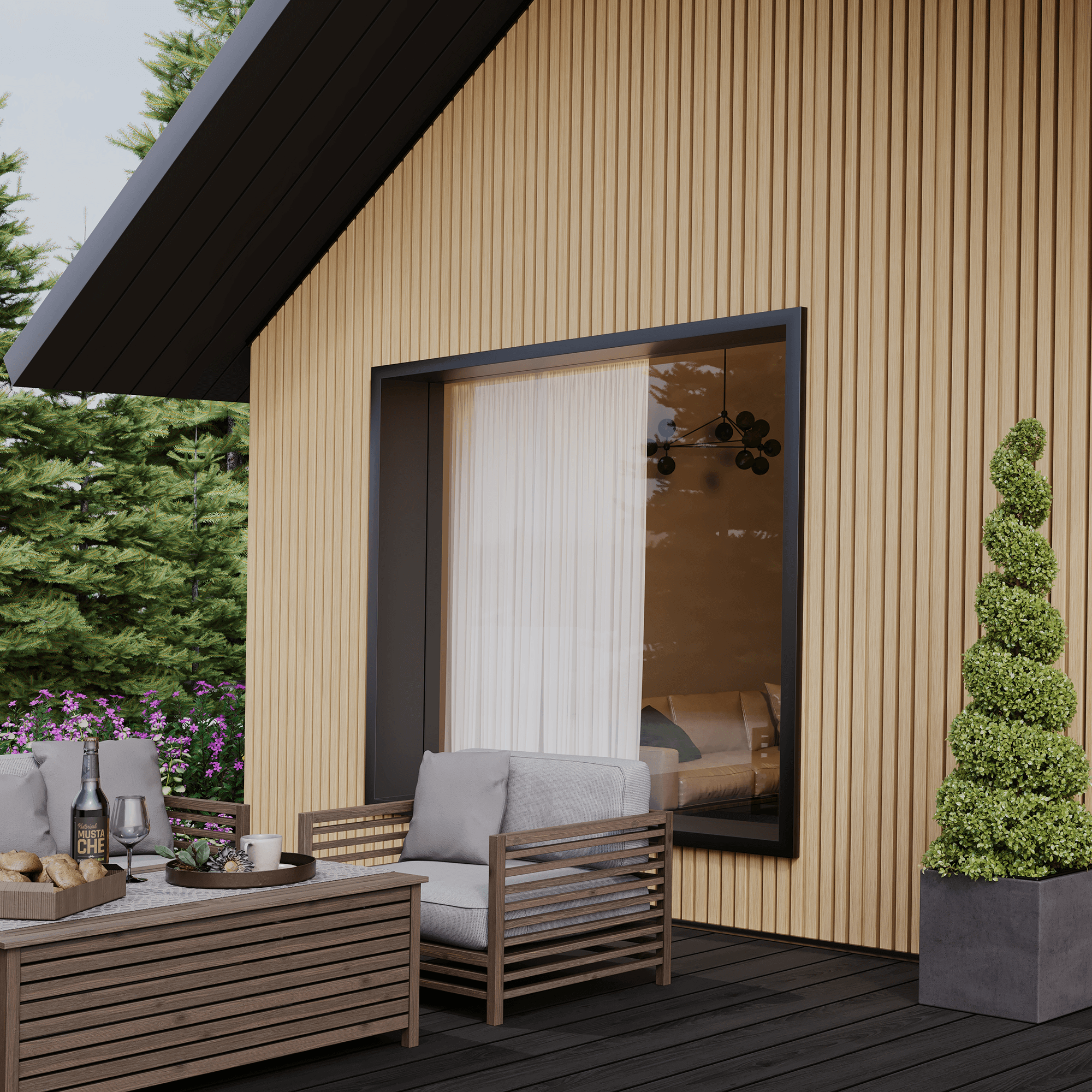
Do You Need Planning Permission for Cladding?
If you’re considering installing cladding on your home or in the garden, you’ve probably asked the question, ‘Do you need
Products in Stock
Lowest Prices
Express Delivery
10-Year Warranty
January Sale. Up To 15% Off.
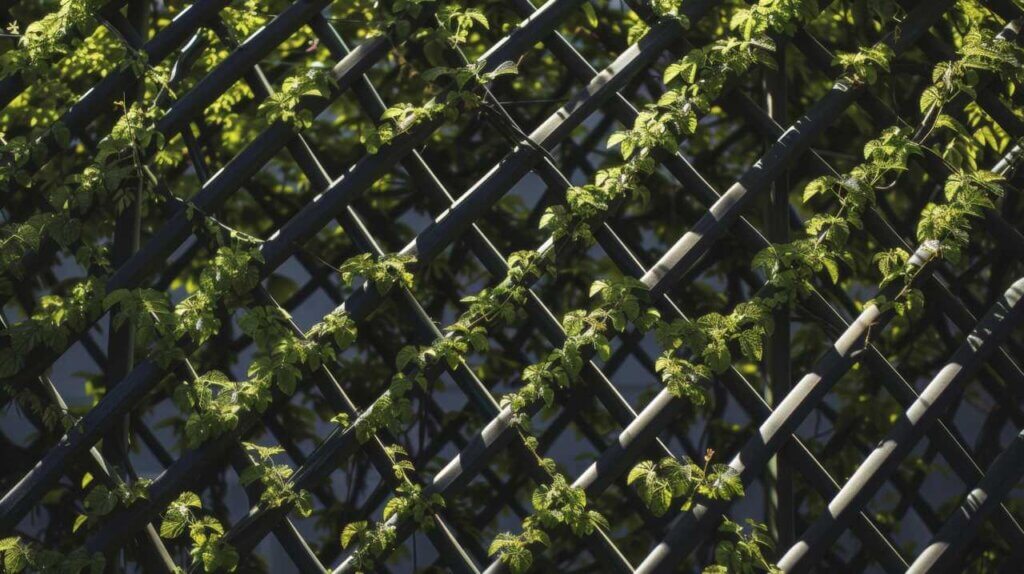
We’ve all seen a trellis before, right? Maybe you’ve seen them in your neighbour’s garden or on Pinterest boards, but you’re not quite sure what they’re for or why you might want one. Well, you’re in the right place. Let’s break down everything you need to know about trellises, from what they are, the different types of trellis, to how you can use them to spruce up your space.
At its most basic, a trellis is a framework used to support climbing plants. But that’s like saying an iPhone is just for making calls. Trellises come in all shapes and sizes, from simple flat panels to elaborate arches and obelisks – and they’re not just practical garden tools, either, they’re design elements in their own right.
Some people confuse trellises with pergolas or arbours, and while they’re all structures that support plants, trellises are typically flatter and attached to walls or fences, whereas pergolas and arbours are freestanding structures you can walk under.
So why bother with a trellis? Well, there are quite a few reasons:
If you’re working with a small garden, a trellis can be a game-changer; it allows you to grow upwards instead of outwards, making the most of limited space. You can grow climbers like clematis or jasmine, or even use it for vegetables like peas and beans.
Let’s be honest, trellises look good; whether you’re going for a cottage garden vibe with roses scrambling up a wooden trellis, or a more modern look with a sleek metal design, they can transform a blank wall or fence into a feature in its own right.
Need to block out the view of your neighbour’s unsightly shed? A trellis can help with that – covered in climbing plants, it makes a great natural screen! And if privacy is a priority for you, why not purchase our quality composite garden screens in the UK? They’re durable, low-maintenance, and do the job beautifully.
The garden is where trellises really come into their own. Here are some ways you can use them:
The most obvious use is for supporting climbing plants. But don’t just think flowers – you can grow fruits and vegetables too – imagine plucking fresh tomatoes or sweet peas right from your trellis. You can also use them to create ‘walls’ of greenery, dividing your garden into different ‘rooms’ or zones.
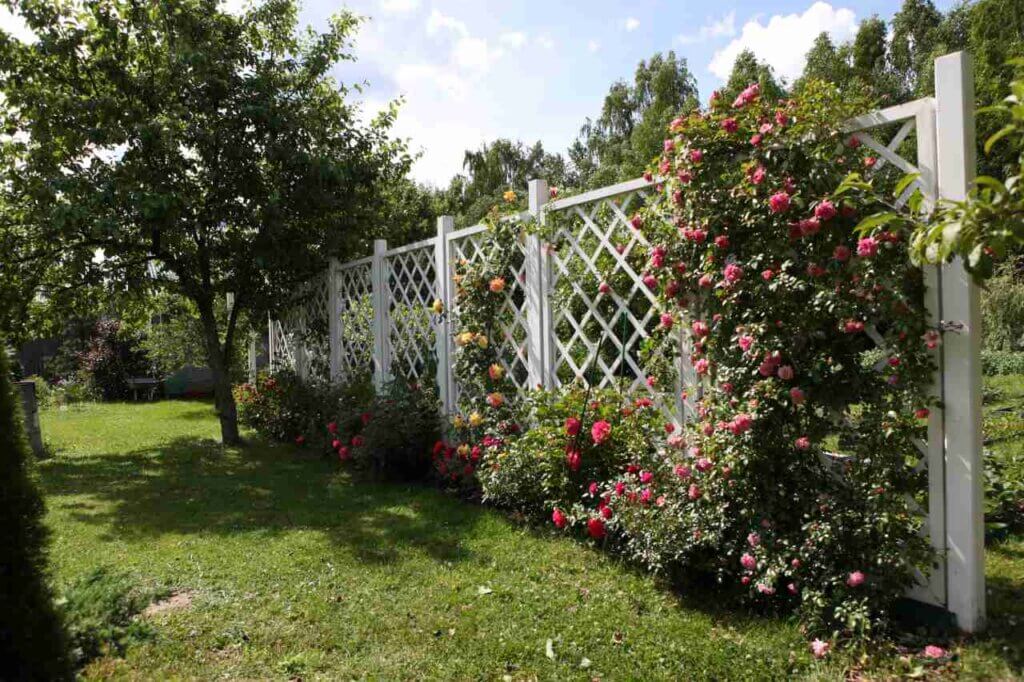
Even without plants, a trellis can be a standout feature in your garden; use it to break up a boring fence line, create an entrance to a seating area, or as a backdrop for your outdoor dining space. Paint it in a bright colour for a modern look, or leave it natural for a more rustic feel.
Like anything in your home or garden, trellises need a bit of TLC to keep them looking their best:
For outdoor trellises, a good wash down once or twice a year should do the trick. For indoor ones, a simple dusting is usually enough. If you’ve got plants growing on your trellis, keep an eye out for any pests or diseases. Regular pruning of your climbing plants will also help keep your trellis looking neat and tidy.
It’s a good idea to regularly check your trellis for any loose joints or damaged sections; catching problems early means you can fix them before they become bigger issues. For wooden trellises, you might need to reapply a protective coating every few years to keep them in top shape. Metal trellises might need checking for rust, while plastic ones could become brittle over time if exposed to strong sunlight.
Think about the size of your space and choose a trellis that fits proportionately; a huge trellis in a tiny garden will look overwhelming, while a small one might get lost in a larger space. Also, consider the mature size of the plants you want to grow – make sure your trellis is sturdy enough to support them.
The material and style of your trellis should also complement your existing garden design. An ornate wrought iron trellis might look out of place in a modern, minimalist garden, while a sleek metal design could clash with a cottage garden aesthetic. Consider the style of your house too – ideally, your trellis should tie in with the overall look of your property.
Read Next: What is Composite Decking?
All in all, trellises are versatile, practical, and can add a real wow factor to your space, whether you create a flower display or use it to grow veggies and fruit. And if you’re interested in a durable, eco-friendly composite trellis, reach out to one of our experts to discuss your options, or request a free sample via our website. Our free samples arrive with next-day delivery in the UK, so you could be well on your way to creating your dream garden this very week!
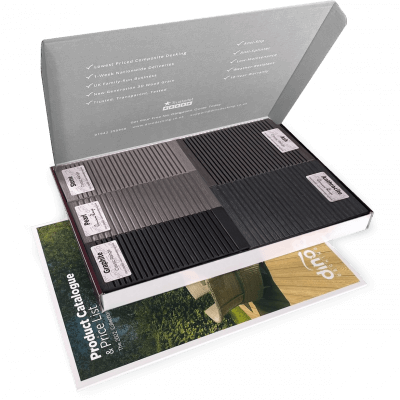
Our sample pack contains a sample piece of each colour currently available. Order your free sample pack today to compare the colours and get a true feeling of the Dino Decking range!

If you’re considering installing cladding on your home or in the garden, you’ve probably asked the question, ‘Do you need
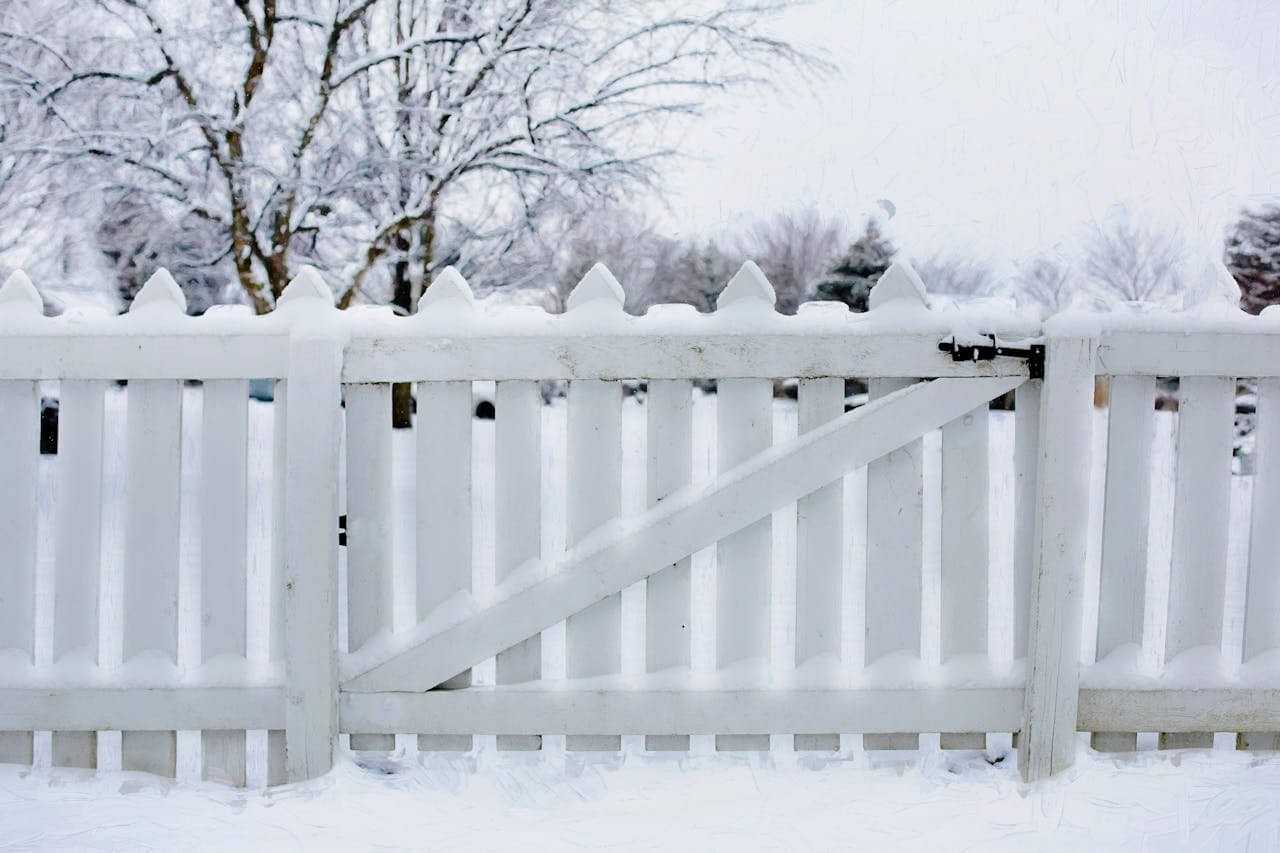
If you’re looking to go all out this festive season, you might be looking for some fantastic Christmas garden ideas